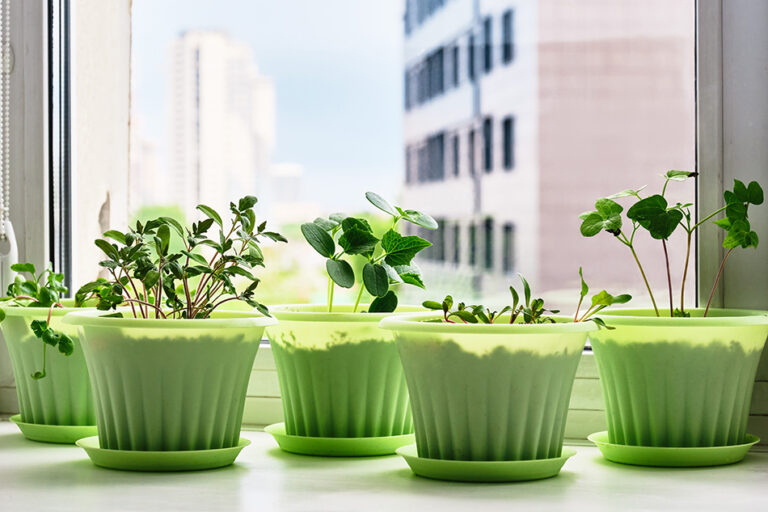Doesn’t it seem like just yesterday no one in the Western world was utilizing bamboo? Everyone wanted maple floors, oak cabinets, and a walnut dining room table… All these famous hardwoods were believed to be the best quality, no matter the price or ecological impact. If you feel like bamboo is a this “new” thing – You’re not alone. Although China has been utilizing bamboo in hundreds of different capacities for nearly 7000 years, bamboo didn’t really hit the Western market until the late 19th century.
Fast forward – Today, bamboo has a global market net worth of nearly $70 billion USD, according to Grand View Research. With a CAGR (Compound Annual Growth Rate) of 5% annually for the next 5 years, bamboo’s global worth should be landing somewhere near $98 billion USD by the year 2025. That’s impressive for a wood… That’s not even a wood.
You read that correctly – Bamboo is not a wood. It’s technically a member of the grass family, with nearly 1500 species across 5 continents. Due to its composition, bamboo is not only more flexible than the standard hardwoods, but it is less porous and denser, making it far less likely to house bacteria, and up to 20 times stronger than maple. This makes it an ideal substitute for flooring, counter tops, furniture, kitchen accessories, and so much more. Rachel Kaplan, of National Geographic even totes bamboo as having, “…a tensile strength stronger than steel, [making bamboo] popular in building materials. Essentially, you can build your house, your office, your décor… entirely from bamboo.” Pretty impressive for a grass. Also – Unlike maple trees which take over 30 years to fully mature, bamboo fully matures in only 3 to 6 years! Upon harvesting, bamboo regrows from the same root system, some species up to 3 feet a day, making it an ultra-sustainable and renewable resource.
Beyond it being used as an eco-friendly hardwood alternative, people are getting insanely inventive with bamboo’s uses. Everything from making bamboo “charcoal”, to bamboo bed sheets, this plant seems to be helping more and more industries globally every single year. According to INBAR (The International Bamboo and Rattan Organization), “Bamboo is integral to many natural and agricultural ecosystems in and near the tropics. It is useful for restoring degraded lands for several reasons: it thrives on problem soils and steep slopes that are unsuitable for other crops, it is an effective windbreak, and its sturdy rhizomes and roots regulate water flows and prevent erosion.” A research study conducted by INBAR showed nearly, “80,000 hectares of degraded land were brought back into productivity using bamboo… for land restoration in eight countries: China, Colombia, Ghana, India, Nepal, South Africa, Tanzania and Thailand.”
So, even with the global market demanding more bamboo be harvested each year, the planting of it is having incredible, positive impacts in communities and nations that need it most. Kaplan, of National Geographic warns, “As the market expands, watchdogs will have to keep an eye out to make sure speculators aren’t converting fragile endangered forests into bamboo farms. So far, that threat pales in comparison to other rivals like palm oil and oil and gas development.” And she’s right. We, as the inhabitants of earth, have found something truly special in bamboo, now it’s our responsibility to keep harnessing it sensibly and effectively.





